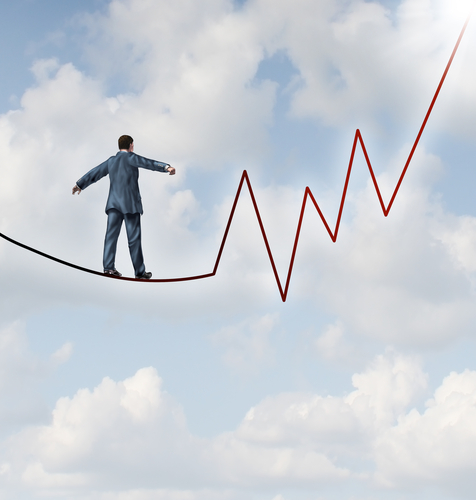


Corporate Crises — and Reputational Recovery — Have Changed
By Mark Penn for Harvard Business Review
Historically, companies faced crises related to their products, services, or governance. Think Boeing and 737 Max crashes, Chipotle and burritos contaminated with E. coli and Wells Fargo creating millions of fake bank accounts. And historically, these companies’ reputational recovery, as measured by the Harris Poll’s Reputation Quotient, followed a similar U-shaped pattern: Those companies that were able to refocus on their core competences — like Boeing, Chipotle, and Wells Fargo did — started rehabilitating their reputation within two to three years and experienced a full recovery within three to four years.
But in today’s polarized landscape in the U.S., a new type of corporate crisis is becoming more prevalent: the Crisis L. These L-shaped crises are more severe because they are driven by politics and culture wars, and so the long tail of reputation damage is unknown. In such a polarized country, brands that face political backlash can alienate up to half their customer base. Their reputation score does not recover because support from one side has cratered. Those customers refuse to accept an apology because to them it is an issue of values, not of products.
Companies spark the Crisis L when they activate consumers’ political brains and make them think they are casting votes when making purchases. Of course, some companies, like Patagonia or Chick-fil-A, build their politics into their brand identity. But in today’s heightened partisan landscape, brands like Disney and Target have been surprised to find themselves in the middle of the culture wars. When this happens, brands that normally enjoy 80% public support will struggle with 50% support because their customers have their political brains on. Since facing off against Florida governor Ron DeSantis over the past two years, Disney has dropped from #37 on the Axios Harris 100 of top brands to #77. It is now one of the most politically polarizing brands on the list with a 19-point gap in favorability between Democrats and Republicans. Companies need to keep consumers using their consumer brain — the side that evaluates products and services based on quality.
So how can companies avoid activating the political brain and spiraling into a Crisis L? Here are five things brands need to do to minimize the risk of crisis — and if backlash does arise, how they can follow the Crisis U shape to recovery rather than the Crisis L.
For more, click here.